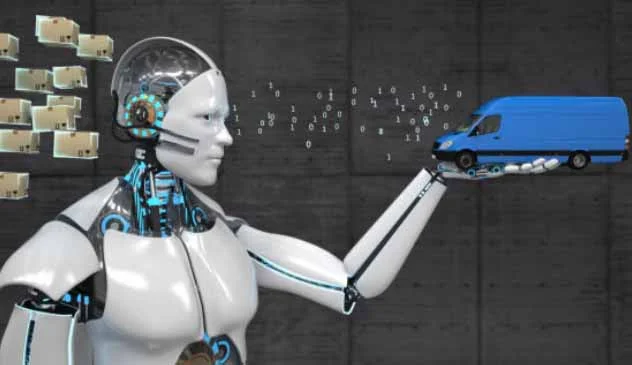The field of healthcare has continuously evolved to incorporate advancements in technology, and one such innovation that is revolutionizing the industry is robotics. With the ability to perform complex tasks, robots are becoming increasingly prevalent on the frontline of patient care and medical procedures. In this blog post, we will explore the role of robotics in healthcare, its impact on patient outcomes, and the potential it holds for the future.
The Rise of Robotic Assistants in Healthcare
Robotic assistants have emerged as valuable tools in the healthcare sector. These machines are capable of performing tasks that traditionally required the involvement of healthcare professionals, freeing up their time to focus on more critical aspects of patient care.
Enhancing Surgical Procedures
Robot-assisted surgery has been a groundbreaking development in healthcare. Surgeons can now use robotic systems to perform minimally invasive procedures with higher precision, reduced trauma, and shorter recovery times for patients. With robotic assistance, surgeons can navigate intricate movements, utilize magnification features, and even access difficult-to-reach areas. This level of precision improves surgical outcomes, reduces complications, and enhances patient safety.
Supporting Rehabilitation
Robots are playing an increasingly significant role in the rehabilitation of patients with disabilities or impaired motor skills. Robotic exoskeletons and prostheses aid in restoring mobility and independence. By employing advanced sensor technology and artificial intelligence, these devices provide real-time feedback, adaptive assistance, and personalized rehabilitation programs. Patients benefit from enhanced recovery outcomes and improved quality of life.
The Impact of Robots on Patient Care
Robots have the potential to revolutionize patient care in numerous ways. Let’s explore how they impact various aspects of healthcare.
Improved Accuracy and Precision
Robotic systems greatly enhance accuracy and precision in medical procedures. Whether it’s taking vitals, administering medication, or assisting in surgeries, robots can consistently execute tasks with a level of precision beyond human capability. This reduces the risk of human error and ensures better treatment outcomes.
24/7 Monitoring and Assistance
Robots can provide continuous monitoring and assistance to patients, allowing healthcare professionals to focus on critical cases or emergencies. These automated systems can track vital signs, administer medication, and regularly update patient records. In situations where immediate intervention is necessary, robots can alert healthcare staff, leading to prompt action and potentially saving lives.
The Future of Robotics in Healthcare
As technology continues to advance, the potential applications of robotics in healthcare are expanding. In the near future, we can expect to see:
Robot-Enabled Telemedicine
Telemedicine has gained significant popularity, especially in remote areas or during emergencies. Combining robotics with telemedicine can enhance the delivery of healthcare services by allowing remote doctors to interact with patients through robotic avatars. These avatars can be equipped with cameras, sensors, and screens, enabling doctors to conduct virtual examinations and consultations, thereby improving access to healthcare.
Artificial Intelligence in Healthcare Robotics
The integration of artificial intelligence (AI) with robotics holds immense promise for the future of healthcare. AI-powered robots can analyze vast amounts of medical data, offer personalized treatment plans, and assist in diagnosing diseases. By leveraging AI, robots can continuously learn and adapt, enhancing their capabilities and improving patient care.
In conclusion, robotics is undeniably revolutionizing healthcare. From improving surgical outcomes to transforming patient care, robots are becoming invaluable assets in the medical field. As technology evolves, the potential for robotics in healthcare will only continue to expand, offering new possibilities for precise diagnostics, efficient treatments, and enhanced patient experiences. Embracing robotics today means embracing a future of improved healthcare delivery and better patient outcomes.

